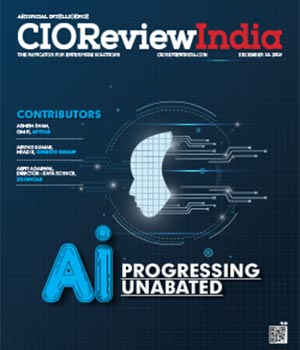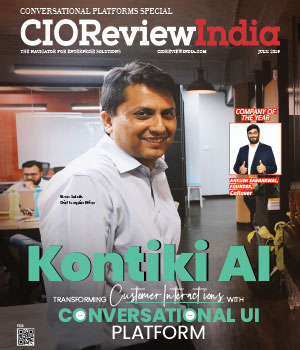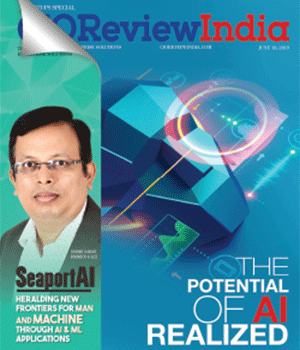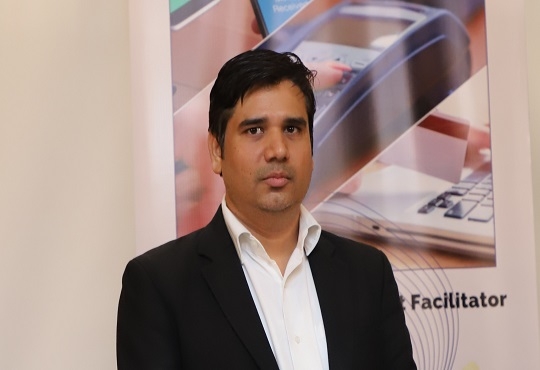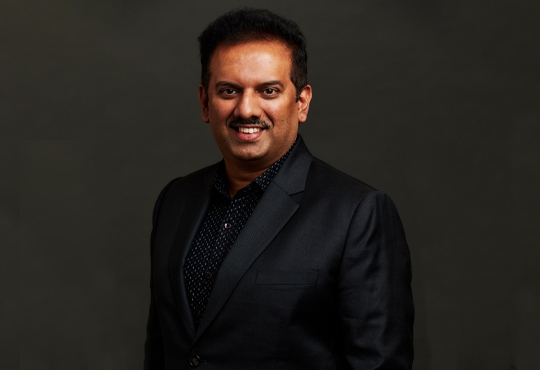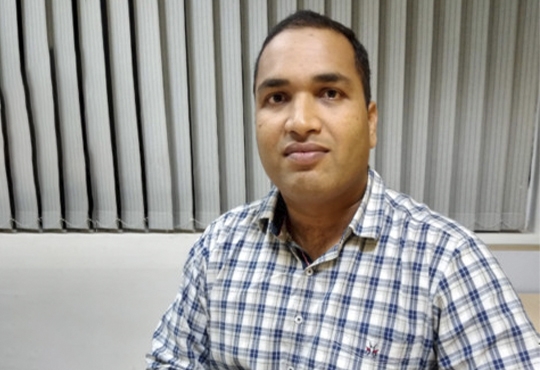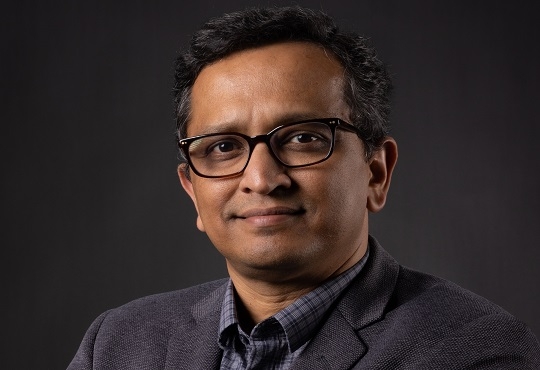
US Body On AI Calls For Creating India-US Strategic Tech Alliance
CIOReviewIndia Team | Wednesday, 14 October 2020, 13:46 IST
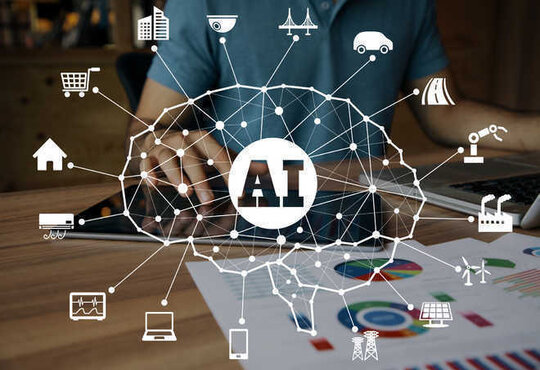 For the development of an overarching Indo-Pacific strategy, the United States should build a formal tech alliance with India, keeping the focus on the emerging technology.
For the development of an overarching Indo-Pacific strategy, the United States should build a formal tech alliance with India, keeping the focus on the emerging technology.
The latest creation, National Security Commission on Artificial Intelligence said, “The Department of State and the Department of Defence should negotiate formal AI cooperation agreements with India, Australia, Japan, New Zealand, South Korea and Vietnam.”
The Commission presented a report to the Congress and the US President, Donald Trumps, saying that America must build on the strength of its allies and partners for winning the global technology competition and preserve the free and open societies.
The Commission’s recommendations is on the growing support for the Quadrilateral Security Dialogue, which is a strategic forum in the United States, Australia, India and Japan, and it calls for formalizing the relationships with these and the other nations in the Indo-Pacific region for focusing on AI cooperation for defense and security related issues.
The Commission also recommended a comprehensive strategic framework to the marshal international multilateral and bilateral cooperation for achieving the aforesaid goal.
It said that firstly the United State must expedite the responsible development and the fielding of AI by NATO and member states and shape the defense cooperation agreements with allies and partners in the Indo-Pacific.
Secondly, the United States must develop a multilateral effort for advancing the responsible use of AI, leading a coalition of democracies to advance the responsible use AI, further innovation and strengthen diplomatic ties and improve coordination with private industry and international partners for ensuring new emerging technology standards which are based-on technical considerations and best practices and not on political manipulation. It said that thirdly the US must strengthen its AI bilateral partnerships with free and open societies.
The Commission said, “It should pursue this through a formal tech alliance between the world's largest democracies the US and India and a strategic dialogue between the world's largest economies the US and the European Union to address the challenges and opportunities presented by AI.”
The Commission’s report mentioned that the US should center its Indo-Pacific relations around India with emerging tech as the prime focus. It should recognize the importance of India as the world’s largest democracy, the growing geopolitical challenges encountered by India, the shared commitment to freedom, democratic principles and the rule of law and the many shared interests of the two nations, which includes strong innovation and technical infrastructures.
The Commission said, “To implement a more robust policy towards India, the Department of State, in coordination with the Departments of Defence and Commerce, must lead the creation of a US-India Strategic Tech Alliance (UISTA).”
UISTA aims to make India a focal point of the US foreign policy in the region and an overarching Indo-Pacific strategy focused on technology that is emerging and the ever increasing importance of India’s geopolitical role.
It added, “The nations should engage in periodic high-level meetings to develop overarching strategy on issues involving emerging technology and the Indo-Pacific region.”
The report added, UISTA, through its regular working groups, should develop and implement concrete, operational avenues for cooperation between the two nations, which includes advanced joint research and development projects like AI, talent exchanges and talent flow, a wide array of issues on innovation, which includes emerging technology investment and aligning export controls, investment screening and intellectual property rights, AI development for societal applications and AI for countering disinformation.
According to the Commission, the Department of State, in partnership with India’s Ministry of External Affairs, should pitch UISTA for developing and implementing strategy for emerging technology and the Indo-Pacific region.
India and US should use an inaugural high-level meeting for developing an overarching strategy for the partnership and identifying an agenda for concrete action, which must be pursued by working in group meetings.
The Commission said, “Participation from the United States Government should also include the Departments of Defence, Energy, and Commerce.”
The Commission referred that in the recent years, India has redoubled its effort in improving its AI infrastructure, which includes key investments by US organizations, faces immediate threats to its territorial and cyberspace integrity from China and it is an active participant in the most promising new multilateral efforts surrounding AI like GPAI. It is a part of the emerging D10 coalition.
The Commission concluded saying, “India boasts domestic technological expertise unlike any other and its citizens represent over 70 percent of the H-1B visas issued annually by the US. Alignment between the two nations is clear and the potential to build on an already strong relationship is enormous.”
CIO Viewpoint
Harnessing the Power of AI and ML for Business...
By Vinod Subramanyam, Managing Director, Brillio
The Key to Achieving Real-time AI: Optimizing...
By Mukundha Madhavan, APAC Tech lead, Datastax
Smart Payment Solutions: The Role of AI and IoT...
By Manoj Varma, Head - Payments, Lyra Network, India
CXO Insights
Navigating the Ethical Frontier: Transforming...
By Varun Shah, Software Development Manager, Amazon Services LLC
AI and Sustainability Forge the Future of Tech...
By Ajeya Motaganahalli, VP - Engineering, and MD, Pure Storage India
Maximizing Customer Satisfaction with AI-Driven...


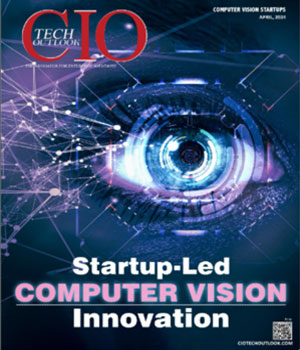


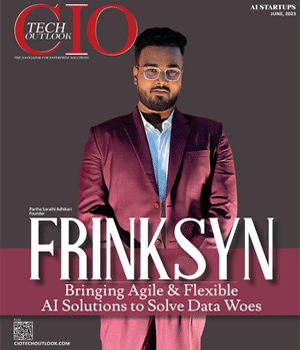

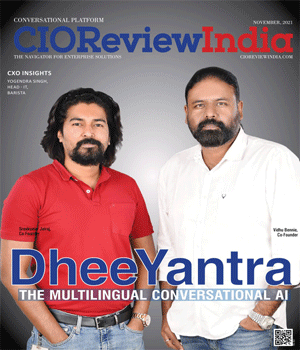


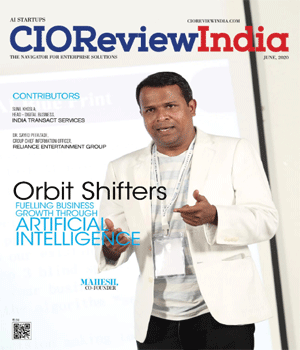
.jpg)
.jpg)
.jpg)
